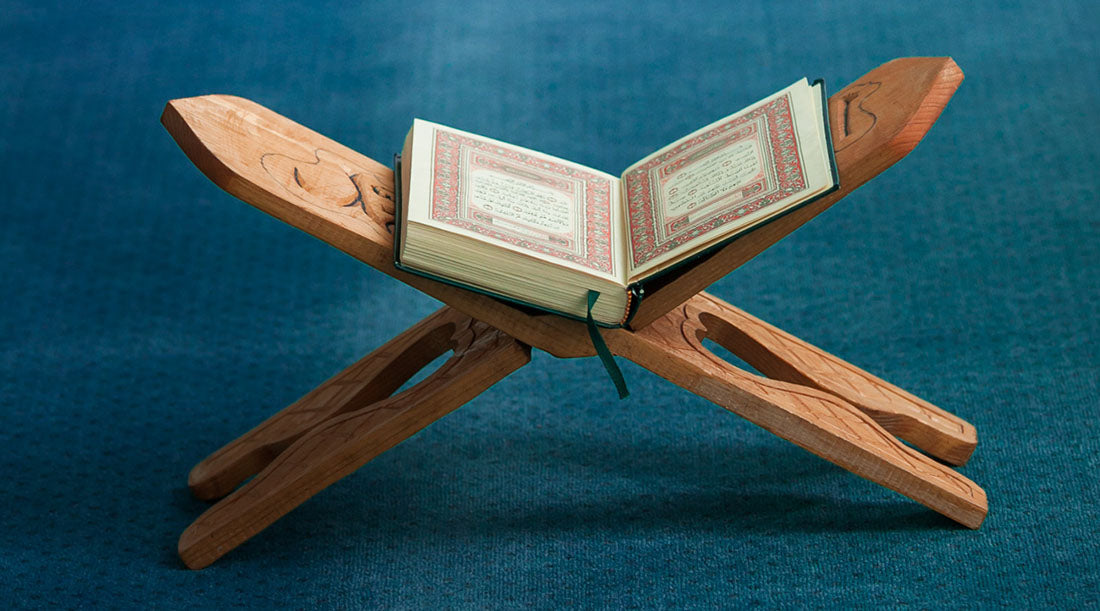It commences in a cave, where the Holy Prophet Muhammad (pbuh) sought solace in meditation. It was here that an Angel, bearing the divine message, uttered the profound word 'Iqra'—meaning read or recite. Despite the Prophet's initial uncertainty, the Angel persisted, marking the initiation of the Quranic revelations.
The process was gradual, spanning approximately 23 years. The Angel Gabriel continued to visit the Prophet, revealing portions of the Quran over time. Each year, a meticulous review of the revealed verses took place to ensure accuracy.

As the Prophet shared these revelations with his followers, some committed the verses to memory, while others transcribed them. The challenge arose as the early Muslim community faced battles and natural attrition, risking the loss of those who had memorized the Quran. Thus, the imperative to preserve the sacred text for future generations became evident.
And the Quran We have revealed in pieces that thou mayest read it to mankind at intervals, and We have sent it down piecemeal.
The meticulous process of collecting written portions and cross-verifying with those who had memorized it began. This extensive endeavor culminated during the leadership of Caliph Usman when all compiled fragments were unified into a single book.
However, skepticism persists among some who doubt the divine origin of the Quran. Accusations that the Prophet crafted the verses or borrowed stories from other holy books abound. Islam, in its belief in all prophets, acknowledges similarities but emphasizes the Quran's unique and direct divine source.
The journey of the Holy Quran is not merely a historical account but a testament to the unwavering dedication to preserving divine wisdom for generations to come. It stands as a timeless beacon of guidance and a testament to the profound connection between the divine and humanity.



Leave a comment
This site is protected by hCaptcha and the hCaptcha Privacy Policy and Terms of Service apply.